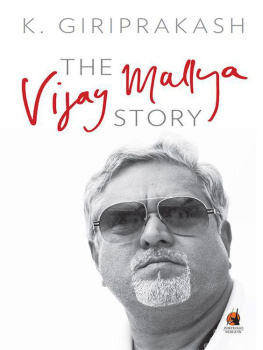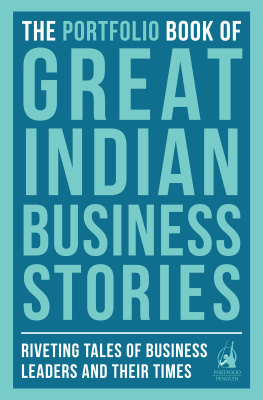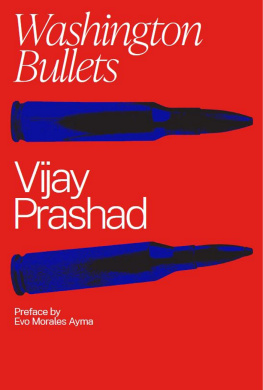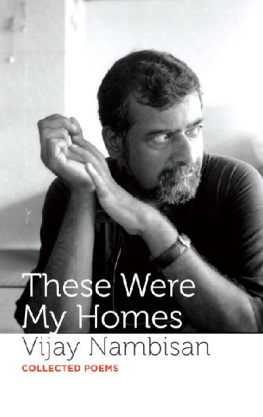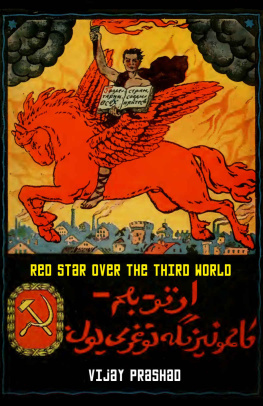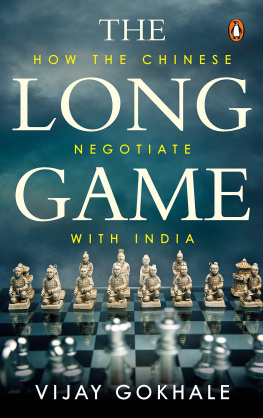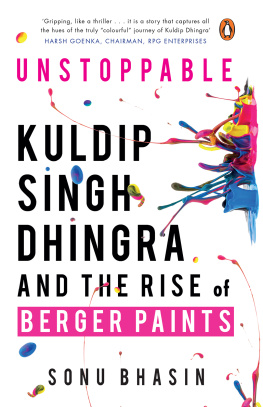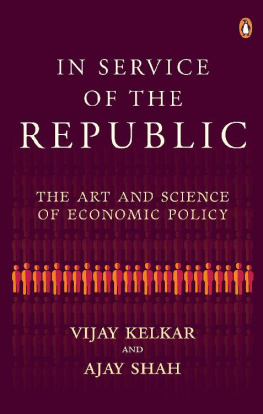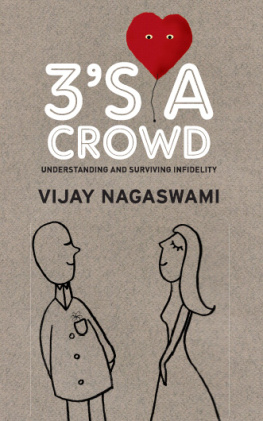K. Giriprakash has over twenty years of journalism experience. He has covered a variety of sectors including the liquor industry. He is the chief of bureau and deputy editor at The Hindu Business Line in Bangalore, and was previously the chief of bureau of Business Standard. He has had stints with Reuters and the Pioneer in New Delhi. He lives with his wife and son in Bangalore.
1
A Magnate in the Making
Are you all right, Vittal?
The takeover tycoon lay still. There was panic all around the Taj Hotel in Bombay (now Mumbai). Some of the hotel staffers were running helter-skelter while guests crowded around the inert Vittal Mallya, too stunned to react.
The party should have gotten over long ago. Just see what happened, one of the partygoers complained to his friend as they got ready to attend the funeral, reflecting that if the party had ended earlier, Vittal Mallya might have been saved. But as late night parties go, the one on the night of 12 December 1983 had seemed never ending.
The doctors who were summoned to attend to Mallya pronounced him dead. The fifty-eight-year-old tycoon had suffered a massive heart attack, his second, and passed away instantly. The bespectacled man who commanded immediate respect from anyone who met him had been a workaholic; he had not slowed down a bit even as he grew older.
A day after Mallyas death, his embalmed body was brought to the official headquarters of United Breweries at Brewery House on Grant Road in Bangalore (now Bengaluru) for employees, friends and relatives to pay their respects. His son Vijay was in New York, attending to business connected with the international operations of the company when he received the tragic news. Vijay Mallya who was twenty-eight years old at that time, was shattered. His mind and emotions about his late father in turmoil and trying to grapple with the thoughts of what the future held for him, he took the next flight back home. I suddenly realized that the buck stops with me, he said later, thinking back on that journey.
On his return, he was met by his stepmother Ritu. Vittal Mallya had married her after divorcing Vijays mother, Lalitha. There may have been some uneasiness between father and son, but there was never any public display of animosity between the two.
Vijay quickly got down to the task of preparing for his fathers last rites while the corporate sector got busy speculating whether Mallyas son, still very inexperienced, would take over the business empire or if it would be split vertically. Tragedies are usually a time of mourning, but in the case of business families, unfortunately, they are more of an occasion to debate the succession plan.
~
Vittal Mallya was born in Dhaka (now in Bangladesh) on 8 February 1924 to Devi and Dr (Lt Col. ) Bantwal Ganapathi Mallya. He was the youngest of three children. It is believed that a young Vijay Mallya wanted to be a doctor like his grandfather but circumstances prevented him from doing so.
Vittal Mallya studied at the prestigious Doon School in Dehradun and later at the Presidency College in Calcutta (now Kolkata) where he had an outstanding academic record. Even though Vittal could have easily got a well-paying job in the corporate sector or anywhere else, he chose to become an entrepreneur. He made a few attempts at starting his own business, and was eventually drawn to the liquor industry after he happened to come across the balance sheet of a liquor company. Adept at analysing balance sheets, Vittal Mallya saw the immense potential for good returns the industry had to offer provided one could run the business in a professional manner. He also realized that he could use the profits generated from this company to diversify into other industries and build lasting assets. Vittals ambition was to build a huge business conglomerate with diversified interests. In fact, the assets he created during his time helped his son raise resources for his manifold businesses.
The company that immediately caught his attention was United Breweries Ltd which was founded in 1915 and was run by the British. In its earlier avatar, it used to sell bulk beer to British troops in the mid-nineteenth century. Before long, Mallya started acquiring shares of United Breweries and within a couple of years had gathered a substantial stake in the company. If things had remained the same, he would have got good dividends from the company year after year but a stroke of good fortune completely changed his profile. In 1947, when India got independence, most Britishers who had business interests in the country, started abandoning their companies to return to their homeland. In the case of United Breweries, impressed with Mallyas intelligence, the management handed over the reins of the company to him. So at the age of twenty-two, Vittal Mallya became the head of a large company. And so began his tryst with the liquor industry.
Four years after taking over United Breweries, Mallya made his first acquisition: McDowell and Company Ltd, a company based in Madras (now Chennai). At that time, McDowell was an importer of foreign liquor brands, tea and tobacco products.
In 1959, Mallya set up the companys first distillery in Kerala as part of a backward integration plan. He also struck a deal with the owners of some of the foreign brands to start producing them locally with value addition coming in the form of imported concentrates. Mallyas genius was at play again when he decided to market these Indian substitutes of foreign liquor as Indian Made Foreign Liquor (IMFL)a term that continues to be used even today by domestic liquor manufacturers.
Mallya was also the first to give the label No. 1 to the names of certain liquor products like McDowells brandya now-popular phrase used by liquor makers across the country for some of their products. Mallya expanded his business further by setting up greenfield distilleries in Andhra Pradesh and Goa. He also acquired companies like Carew & Co. which had distilleries in Uttar Pradesh, West Bengal and Bangladesh, and Phipson & Co. in Calcutta, where his son Vijay earned his spurs. When Vijay turned eighteen, he appointed him a director in McDowell and Co.
Vittal Mallya hit pay dirt again when a new government took over the reins of the country after winning the general elections in 1977 by defeating Indira Gandhis Congress party. Morarji Desai, the new prime minister, whose ideology was based on Gandhian principles, decided to impose prohibition in the country which meant a total ban on the sale of liquor. It left owners of distilleries and breweries in total disarray and out of business. Several of them started selling off their assets at knock-down prices as they believed prohibition would continue for a long time. But Mallya firmly believed that the government would not be able to sustain such a policy interminably as it would lead to a rise in the sale of cheap and spurious liquor. They would have to lift the ban on the sale of liquor sooner than later.
Therefore, he started scouting around for cheap acquisitions and before long he had nine of them in his portfolio, some of which were bought at throwaway prices.

